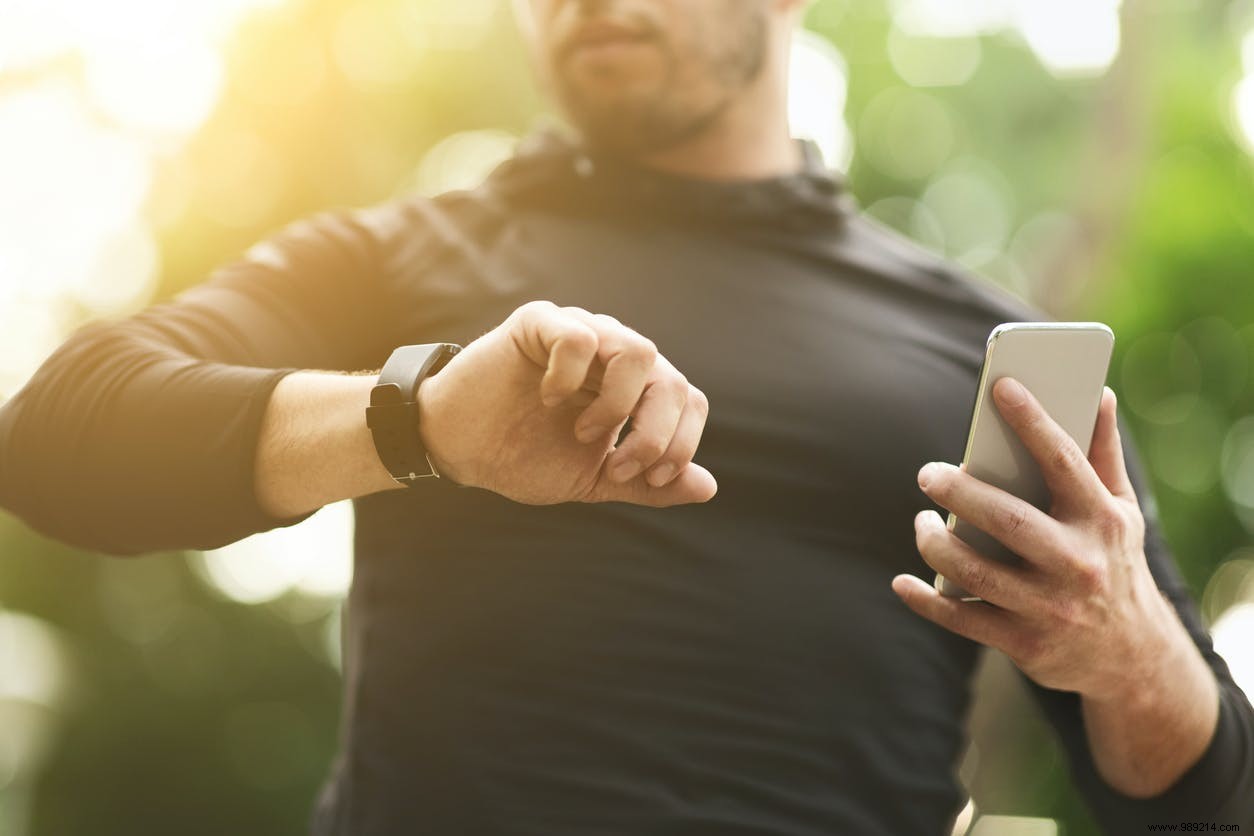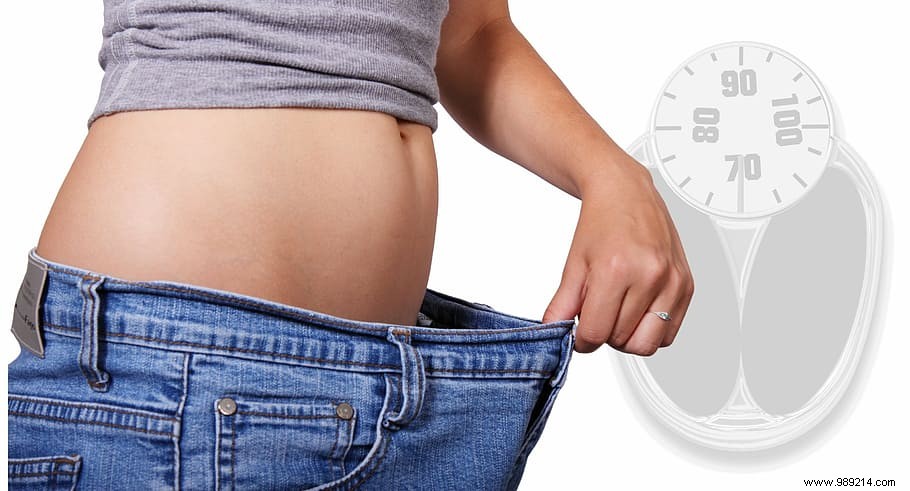In France, nearly one in two French people is overweight and obesity is increasing with no less than 17% compared to 13% worldwide. The figures are even more impressive in the United States where there are 42% obese people. Also, today, the WHO no longer hesitates to speak of an obesity epidemic. Remember, however, that m to lose weight effectively and lastingly requires a lot of self-discipline, a rebalancing of food and the practice of regular physical activity, often putting physical and mental health to the test. What if the use of connected tools and new technologies made it possible to support and improve this weight loss? A recent study seems in any case to encourage this practice to allow more effective weight loss.
This study published on February 24, 2021 in the journal Obesity started from a simple observation. As Michele L. Patel, post-doctoral researcher at Stanford University (California, USA) explains:“digital tools related to health have multiplied over the last decade ". Also, the study is the first of its kind to have asked to what extent these tools are useful for promoting weight loss . To answer this question, the researcher and her team reviewed 39 randomized studies published between January 2009 and September 2019 on weight loss in overweight or obese adults.

The works in question observed almost 70 types of digital self-monitoring, generally including websites (66%), mobile applications (33%), connected trackers such as watches (11%), the use of a connected scale (12%) or even text messages ( 12%). However, in more than 70% of cases , use of digital self-monitoring tools was associated with weight loss, especially when food eaten, physical activity performed, and weight were recorded. The difference was particularly noticeable compared to simple statements made on a paper journal.
According to Patel, this could be explained by the fact that "digital tools offer high portability , allowing users to check them at any time of the day. They also make tracking faster and are less painful to use ". In their meta-analysis, the researchers also explain that many connected tools integrate very complete databases, thus allowing their users a better understanding of the nutritional information associated with the foods ingested. These tools, especially in the case of connected bracelets and scales, also often offer individualized feedback, which improves their engagement.

Recall that about 80% of people who make efforts to lose weight regain the pounds lost in the years that follow. According to this study, “self-monitoring also plays a role in maintaining weight loss ". However, Kathryn M. Ross, a doctoral student and assistant professor at the University of Florida who was not involved in the study, thinks that we now need to find out how to maintain the same level of commitment for the use of these tools over the longer term, knowing that motivation can wane once the allure of the new wears off.
Thus, even if the study formally concludes that "more frequent self-monitoring via digital tools is associated with greater weight loss “, so she does not fail to also recall that “over time, self-monitoring becomes less effective in losing weight, either because commitment decreases , or because the rate of weight loss becomes low .